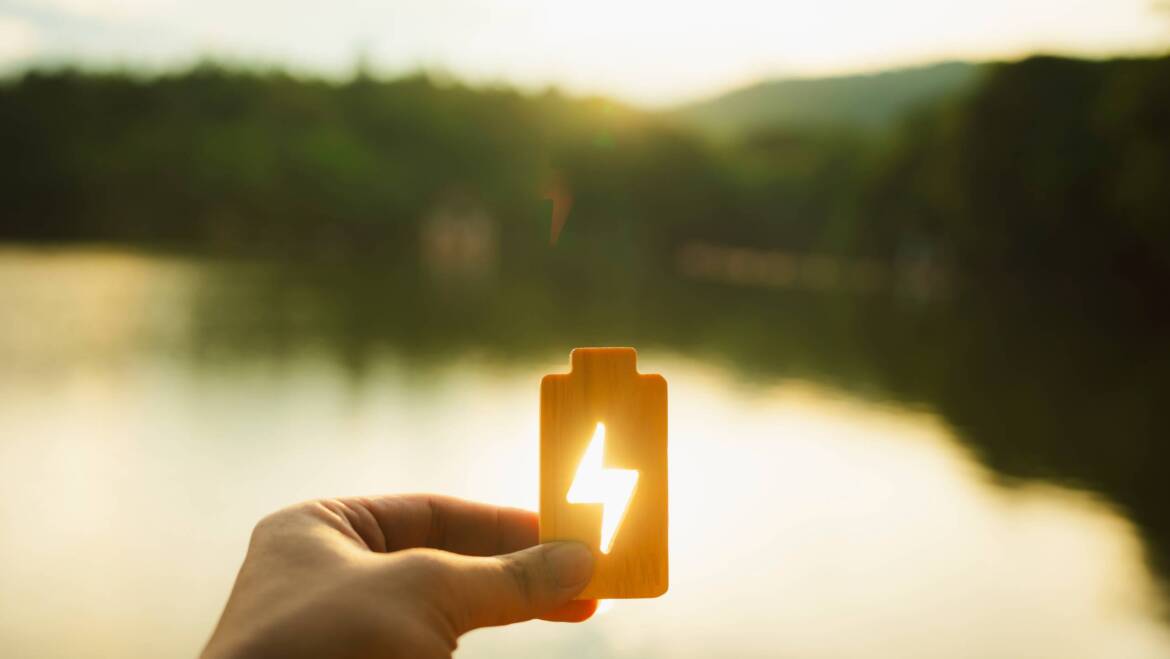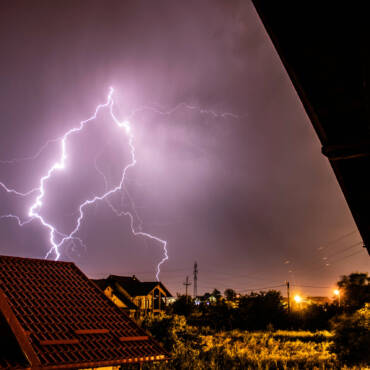Permanent House Generator: A Long-Term Power Solution
Once installed, a permanent house generator is meant to be a long-term solution for providing backup power during electrical outages. They’re built to withstand outdoor elements and can last for several years with proper maintenance.
A combination of high-quality components, precision engineering, and thoughtful design features makes whole-house backup generators sturdy and reliable. Over the years, they’ve been painstakingly engineered to be capable of withstanding frequent starts and stops. This ensures uninterrupted power to your home when you need it most.
Want to ensure you’re extending your generator’s reliability and years of operation? Invest in a high-quality unit from a reputable manufacturer and have it installed by qualified professionals. Well-maintained residential backup generators have a lifespan into the decades, providing reliable power whenever it’s needed.
In fact, the permanency of a backup generator is influenced by its quality, brand, and installation. Just know that while the parts are designed to last, some wear-and-tear is inevitable. A 10-to 20-year parts lifespan allows for proactive planning. This lets you avoid constant repairs.
Durable Engineering of a Permanent House Generator
A permanent house generator is built to last, with components designed to withstand the rigors of frequent use. The generator, transfer switch, and other parts are made to operate for several years depending on your maintenance schedule.
These generators typically use heavy duty air-cooled or liquid-cooled natural gas or propane engines. Cast iron engine blocks and forged crankshafts provide a strong and stable base. They are less susceptible to cracks or warping under heavy use. Industrial-grade pistons, valves, and bearings can handle the stress of frequent testing and operational periods. Advanced lubrication systems ensure proper oil circulation and cooling to minimize wear and tear.
The alternator, which converts the engine’s mechanical energy into electricity, is designed for continuous duty cycles. It can run for extended periods without overheating. High-quality, robust bearings ensure efficient power generation over an extended lifespan. To top it all off, automatic voltage regulators maintain consistent electrical output, protecting appliances from voltage fluctuations.
The control panel is the brains of the operation, managing your entire generator system. Manufacturers make sure that durable weatherproof enclosures protect the delicate electronics from harsh outdoor environments. Solid-state circuitry offers reliable operation and minimizes the risk of component failure compared to mechanical relays.
That’s just the surface. Overall, heavy-duty frames made from thick steel or reinforced aluminum protect any backup generator’s internal components. It shields the parts from impacts, vibrations, and more. A powder-coated finish provides superior corrosion resistance, especially against rain, snow, and sleet.
When a generator dealership sells you such a long-lasting investment for your home, you can tell the manufacturer means business.
Does a Standby Generator Last 15-30 Years if You Maintain It?
So just how long does a permanent house generator last? Better yet, why?
Whole-house generators last “15 to 30 years and provide 10,000 to 30,000 hours of use,” according to Home Guide. “Reputable brands offer 5- to 10-year limited warranties on whole house generators.”
The key to ensuring longevity lies in regular maintenance, including periodic servicing. Inspections should be performed once or twice a year, or according to the manufacturer’s recommendations. In addition to regular homeowner maintenance, experts recommend you have your generator serviced by a qualified technician.
Whether it’s done by a professional or you, regularly servicing your generator can include:
- Fluid checks and changes. Check the oil, coolant, and fuel levels regularly. Top them off as needed. Follow the manufacturer’s guidelines for oil and filter changes.
- Battery maintenance. Keep the generator’s battery charged and in good condition to ensure reliable starting. This involves periodic checks of the battery’s voltage and electrolyte levels, as well as cleaning the terminals.
- Load testing. Periodic load-testing under simulated or actual load conditions helps ensure it can meet your power demands during an outage. This testing can uncover any issues with the generator’s performance.
- Fuel system maintenance. If your generator is fueled by propane instead of natural gas, it’s important to monitor the fuel supply regularly. Ensure proper ventilation and address any issues with fuel quality or contamination.
- Cooling system maintenance. Check the coolant level and coolant conditions regularly. Inspect hoses, connections, and the radiator for leaks or damage. Keeping the cooling system clean and well-maintained helps prevent overheating.
- Automatic transfer switch maintenance. Inspect the switch for any signs of wear, corrosion, or damage. Ensure it operates smoothly during testing. Clean and lubricate moving parts as needed.
Extreme Weather is Spiking Demand for a Permanent House Generator
Demand for a permanent house generator has steadily risen over the past several years in response to extreme weather events.
“Researchers with the nonprofit Climate Central recently observed power outages between 2001 and 2022,” states the National Weather Service. Those outages “increased by 64 percent in the last 10 years of the study period versus the first 10. And of those outages, 83 percent were caused by weather-related events.”
It’s worth the time investing into assessing your power backup plan as part of other commonsense measures. There are only a few areas in our country that are immune to weather hazards and natural disasters. Technology, though, has come a long way and can now provide a nearly perfect solution.
But you need to determine which devices you want to keep running during an outage. Think about how much power they draw and how long you want them to keep running. This will help you decide which backup solution is right for your home.
Also consider whether your backup generator needs to be integrated with any additional modern day electrical-producing equipment for your home. Are you using future-forward thinking in your planning? During any future outage, some homeowners may want additional electrical capacity that they aren’t necessarily planning for in the moment.
How to Plan for Your Purchase: Kilowatts, Fuel, and More
Powering a house up to 3,000 square feet typically requires a 13- to 20-kilowatt permanent house generator, Home Guide says. It all depends on your needs and wants. Many homeowners say a 22 Kw or 24 Kw is the perfect size.
It adds: “A whole-home generator costs $30 – $170 per day to run all day, depending on the size.” Whole-house 15- to 20-Kw standby generators consume 133 to 330 cubic feet of natural gas per hour. “If propane, 3.16 to 3.45 gallons of liquid propane per hour,” the report states.
Installers will pull permits and determine how large and powerful a generator is needed to electrify any house. They’ll pour concrete pads, install wiring and plumbing, and connect the generator to the utility grid safely. To find the best pro, follow these steps:
- Compare at least three in-person estimates.
- Ensure the electrician you hire has experience installing home generators.
- Choose a gas plumber who is certified for natural gas and propane generators.
- Check out online reviews.
- Find a company with more than five years of experience, insurance, and bonding.
Remember that installation quality may be compromised if you choose the lowest quote. Contracts and warranties should be in writing, and you should find out all the costs involved. Make small payments upfront instead of large ones, if needed. You can even consider your dealership’s payment schedule options.
W. Danley Electrical
At W. Danley Electrical, we assist you throughout your permanent house generator buying process. We help prepare you for your installation, as well as obtaining permits, inspections, and assisting with repair and maintenance. We also help you optimize and fine-tune your situation to determine the correct generator size. Get the most out of your investment. Contact us today.


